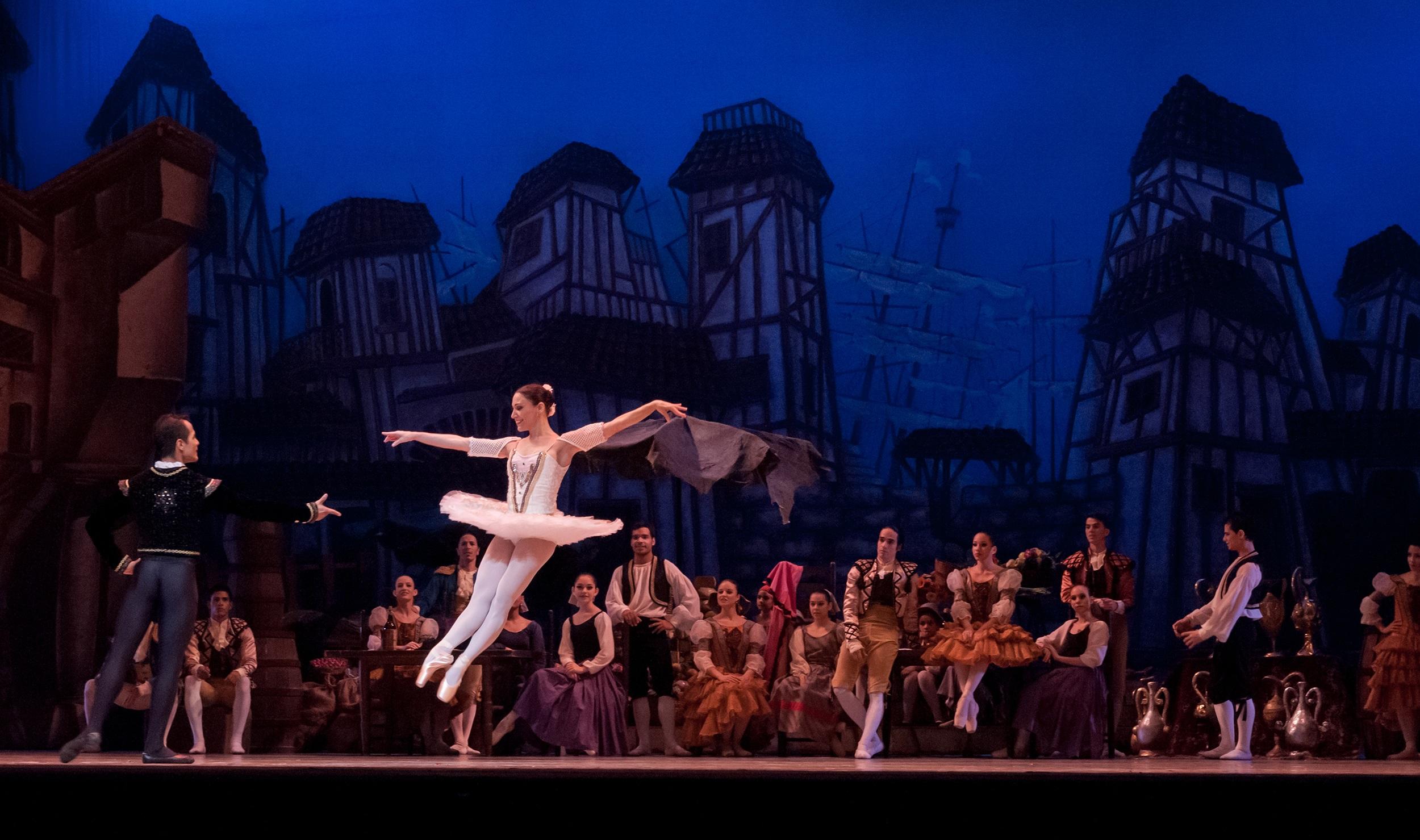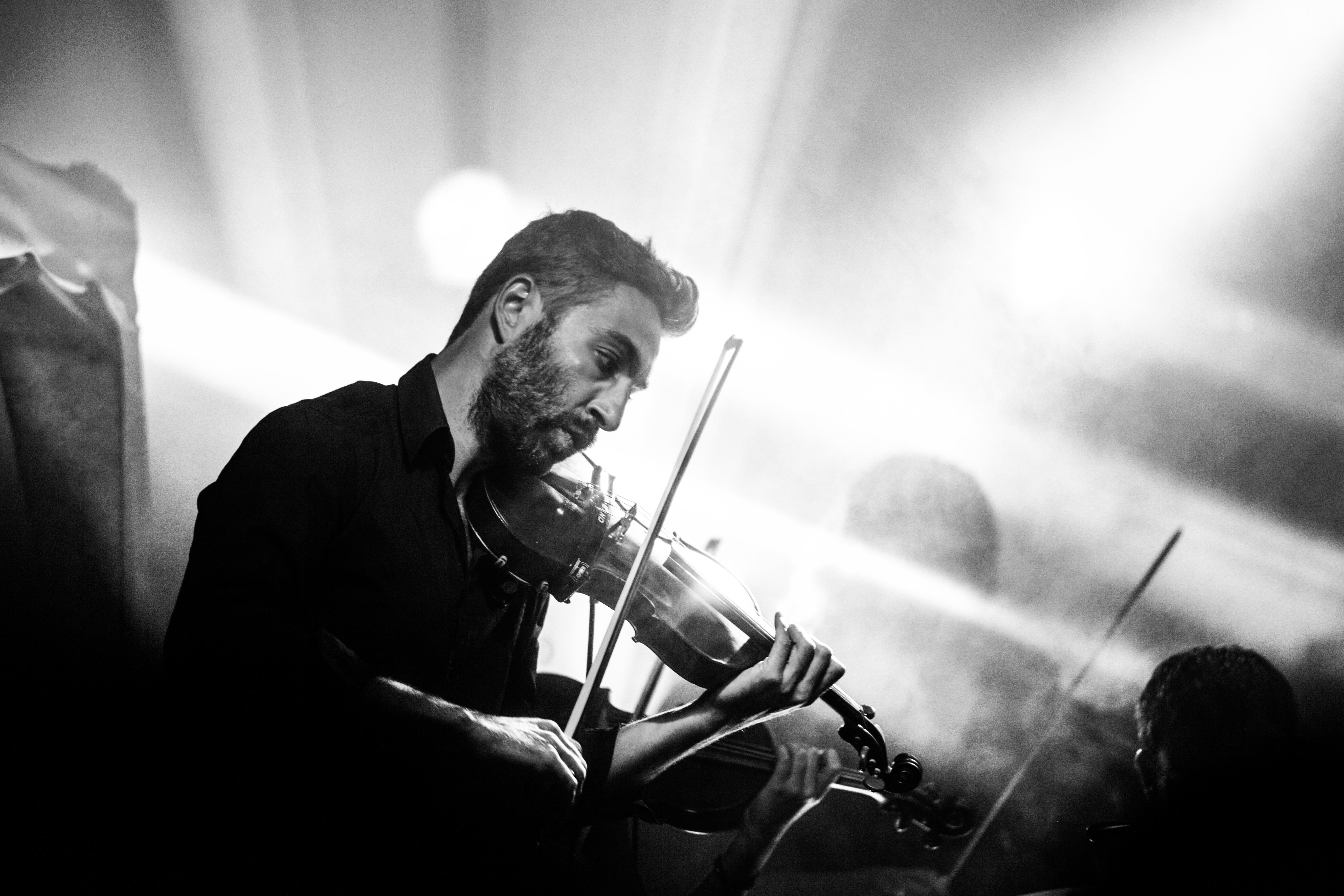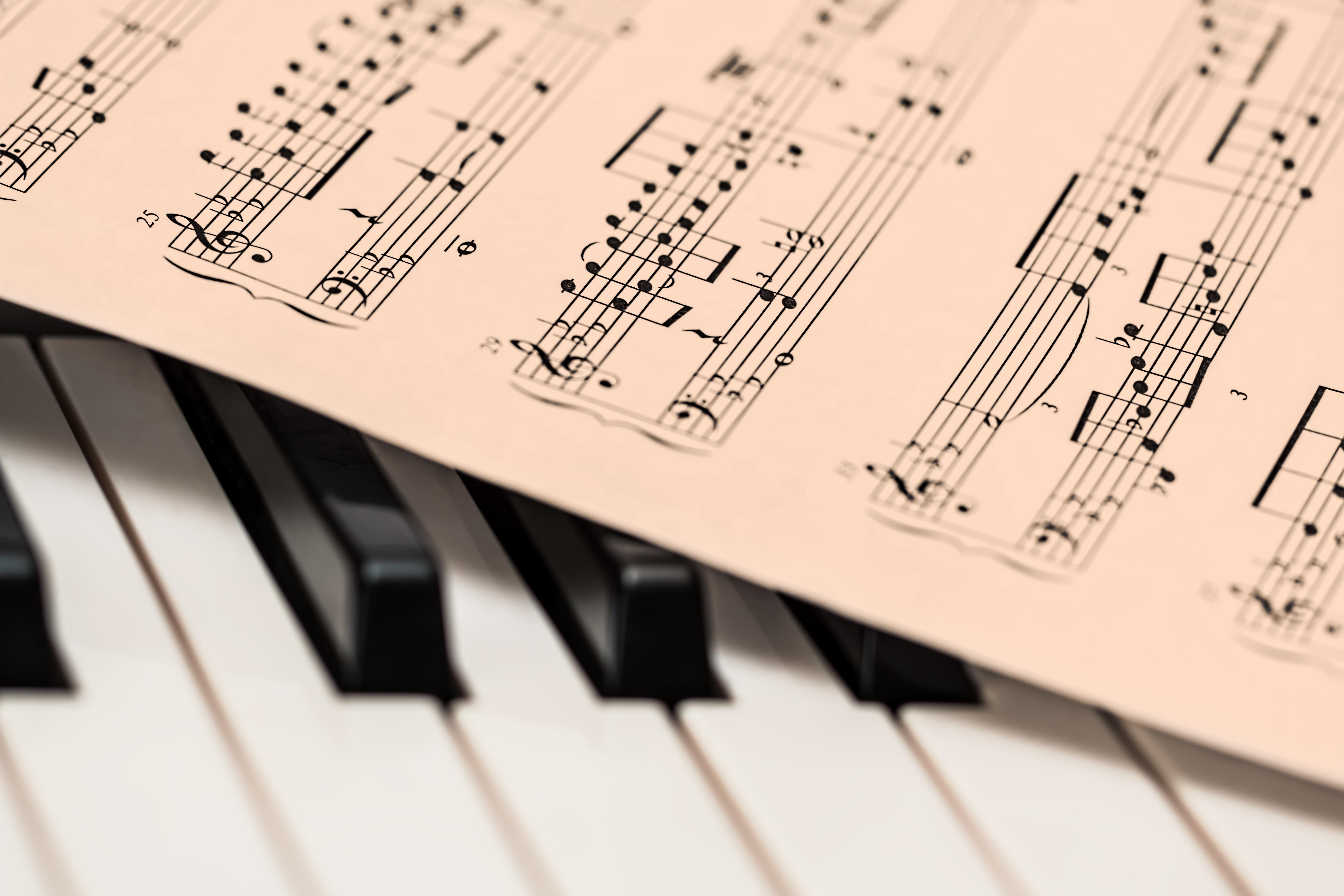Do you love to sing?
Expressing yourself through your voice will bring out an exciting freedom and joy and you might be one of the fortunate ones who have already discovered how singing makes you feel alive. It’s an art form that allows you to express yourself, tell stories and escape the craziness of the modern world.
Maybe someone told you you have a Baritone voice and you decided it's time to find out how you can become better at singing in baritone?
The good news is that all voice types can be trained and strengthened to create pure, solid and beautiful sounds. Let’s explore how you can identify whether you are in fact a baritone, the importance of your voice in the performing arts and the type of training you can get to perform like a professional, even if it’s just for your girlfriend or granny.


An Introduction to the Baritone
The developed baritone voice is a strong, vibrant, clear and grounding voice type that was originally classified as such through the classical musicians. It’s a voice that creates the foundation for most operas and ensemble pieces, ‘grounding’ the symphonies while allowing sopranos, tenors and impactful phrases to rise to the top. All these voices work together to create a colourful tapestry of sound.
Operas have enjoyed limited exposure in South Africa and even though they are not popular amongst young South Africans, they provided a historical background for classical singing and training. South Africans are, however, fortunate to enjoy music as part of their cultural history.
Folk tales, traditions and stories continue to live through cultural songs and most of us were exposed to the haunting and uplifting sounds of singing since childhood. Baritone voices have been an integral part in amplifying these musical stories as they add emotional effect and power to our African songs.
Even though more and more leading roles in musical and operas are for tenors, the baritone voice has his fair share of the spotlight and should you be lucky enough to see the odd opera at the Artscape Theatre(Cape Town) or a musical at the Johannesburg Theatre you’ll find that most of the ensemble characters and interesting roles are baritones.
What is Tessituras? The most comfortable and naturally occurring vocal range for a singer or instrument.
Musicologists, who make a living out of academic studies around music, have defined a set range of 6 basic Tessituras when it comes to vocalists. Female voices are classified as sopranos, mezzo-sopranos and contraltos while males fall in the broad categories of tenors, baritones or bass.
Most male voices are baritones, and if you are a singer, the chances of being classified as baritone is quite high. This does however not mean you are stuck with however your voice is sounding at this stage. A baritone voice, like any other voice, can be trained to achieve a professional, clear tone and solid pitch.

The Baritone Vocal Range and Types
The baritone range is lower than the tenor voice, but higher than a bass voice. It’s the mid-range of male voices and the potential variety of baritone singers makes it an asset to any music group. A well-trained baritone voice will be able to sing some of the tenor’s lower range while also dipping into the top notes of the bass singers. To get there however, most singers have to do a lot of training to understand their voice while they increase their vocal range.
The Musicologists went deeper into their classification of these mid-range male voices and identified five main types of baritones. Knowing the range of each of these will help you identify exactly where you fit in the baritone scale, something that becomes important if you want to select songs that are suited to your voice.
The Baritenor, is the lowest range of tenors and the highest range of baritones. They are usually the guys who can almost sing tenor songs and sing slightly higher than Light Baritones. The Light Baritones, also known as Baryton-Martin voices can comfortably sing from C3 to B4.
The Lyric Baritone is the mid-range voice of the baritones, ideal for comic or character roles and are usually comfortable singing music that ranges between A notes below C3 and the G pitch above middle C (A2 to G4).
The 2nd Last group of baritones, the Dramatic Baritones, have a slightly darker timbre as they work between G2 and G4 while the last one of the group, the Bass-Baritone, can easily be misconstrued as a bass. The Bass-Baritone will typically sing music that ranges between F below low C to the F? above middle C (F2 to F?4).
With practice you’ll increase your range and as a Lyric Baritone you might be able to also sing a Baritenor’s music due to increased control and usage of your voice. It is however good to find out what your base range and voice type is and work from there.

Establishing Whether You're a Baritone
You might still be wondering whether you are a Baritone or not?
The easiest and most intuitive way is to find a music tutor, teacher or one of your friends with a piano to test it. Luckily with the help of the internet, you can also access a virtual piano and use that to discover your own vocal range using the following process:
- Ensure you warm-up properly. If you don’t know how to you can find a range of warm-up techniques on YouTube.
- Find Middle C (C4) on the piano and try match the note as you repeat it with your voice.
- Travel down the piano, using the white keys, and sing along to find the lowest note that you can comfortably sing. With the virtual piano you should be able to identify that note.
- Now move to middle C (C4) and repeat the process going higher. This way you can identify your highest singing note.

The normal baritone range is between G2 and G4. If you move down 7 keys and hit the 8th, you’ll be on a C3 which is known to be an Octave lower than C4. If you manage to sing two octaves, which is 14 notes between your highest and lowest, you are already quite proficient.
Following this process will allow you to establish your Tessitura and referring to the list above you’ll know whether you are on the high-end or low-end of the Baritone spectrum.
It is very rare for singers to develop their voice into a completely different Tessitura, but increasing your range is completely possible with the right amount of training and guidance.
Training Your Voice
Your voice is a musical instrument made of muscles. You are born with a specific voice, but how you train, nurture and develop that voice will determine how well a singer you become. Most of the famous and popular singers will tell you that it takes a lot more than being talented to make a career of singing and you'll have to make a commitment to develop your instrument.
There is no such thing as someone who can’t sing, only people who have not yet discovered their voice.
A well-rounded singer not only has complete control and knowledge of his instrument, but he also understands how his vocal capabilities fits in with other music instruments and can add to the tone and emotional quality of a performance. In addition to in-person tuition, many students now choose singing lessons online to develop their skills flexibly.
A knowledgeable singing teacher will encourage their students to play musical instruments as this will exponentially add to their music knowledge to provide a solid, inherent understanding of music. The more instruments you can play, the better you will become at reading musical pieces and understanding tempo and timings that carries them. You’ll learn about music theory and how to read sheet music, about semitones and the various types of notes while you explore different genres. Even if you are only playing for fun, it’ll enable you to build strong foundations to become a good musician.

An excellent vocal coach or singing teacher will help you to strengthen your voice and clarify its tone. They will guide you in learning the correct warm-up exercises, fix your singing posture, provide guidance around vocal placement and equip you with a range of exercises to increase your baritone range and create crystal clear tonality.
A vocal coach will also tell you exactly what is required to become a professional or proficient singer which includes:
- Singing in tune to ensure you are not sounding flat or sharp
- Using vocal techniques to master your voice
- Getting rid of muscular tension when singing
- How to move into your falsetto voice, head voice or how create high notes
- How to ensure you practice proper breath control to manage lower pitches
- Everything you need to know about vocal health and looking after your voice
Many famous rock or pop singers have unique and raspy voices, but even some of the most popular and original baritones had to end their career due to bad voice health, so be sure you look after your instrument. Understanding and keeping your voice fit will prevent injury and will ensure you can perform one day for your friends at the old age home.
To craft the perfect baritone voice will take practice and commitment, but with a good, qualified vocal teacher it’ll be a lot easier than trying to do it on your own. It is now also easy to find your own, personal vocal coach on Superprof.
Remember... it’s never too early or too late to chase a dream. As long as it’s something that makes your heart sing.
Discover the joy of singing from scratch with our beginner singing lessons! Whether you're starting your musical journey or simply want to enhance your singing skills, our experienced instructors will guide you step by step. Embrace the power of your own voice and unlock a world of musical possibilities. Join our welcoming community and let the melody begin!
Summarise with AI:















Hello. I did enjoy reading your article. Can you please assist me to get a vocal coach to improve my baritone
Hello David. We’re pleased that you’re interested in finding a private vocal coach. You can search for tutors near you directly on our website http://www.superprof.co.za. The site allows you to filter the results according to your unique requirements, such as level, price, etc. You’ll also be able to specify your preferred days and times for lessons, and share other important information, in the lesson request message that you send any of our tutors.